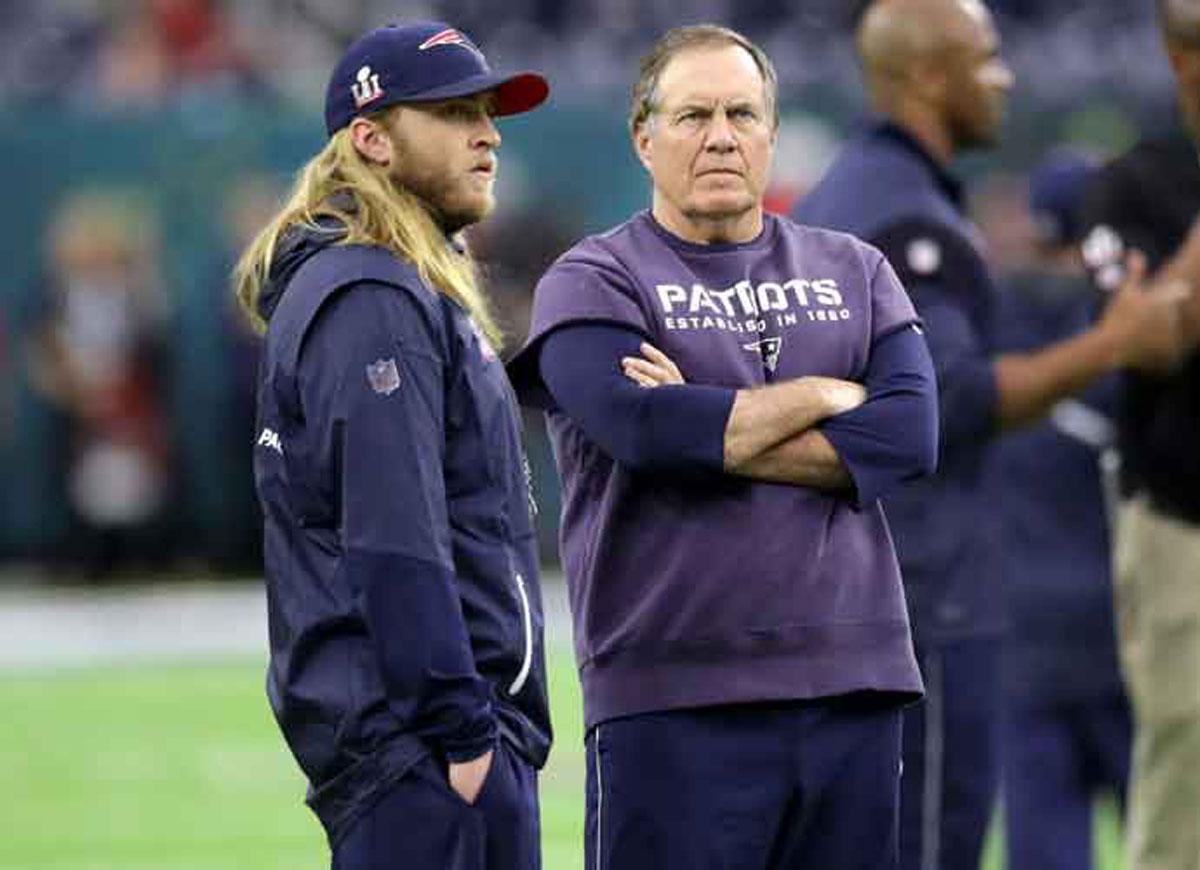Funny People

3.5/5
The popular definition of comedy is a culmination of jokes, satire and sarcasm that aim to explore reality, shed light on everyday occurrences and bring happiness to the public. On the contrary, humor is also often used as a mechanism to escape the challenges of life and cushion the retrieval of bad news. Society has a way of placing those we find “funny” as untouchable and genuinely happy people. Judd Apatow, known for his slapstick and oftentimes-crude style, writes and directs Funny People as a comedy that explores the essence of humor through the life and career challenges of several stand-up comedians. Funny People creates a world in which humor exists at the core of every situation and exposes how some of the “funniest people” may in fact be some of the most troubled.
Throughout the course of the film, we follow famous comic George Simmons (Adam Sandler) through his battle with Leukemia. This self-proclaimed loner with a less then impressive film career lives in solitude and uses his comedy to escape a depressing existence. With no genuine friends to speak of, Simmons hires the awkward yet sympathetic Ira Wright (Seth Rogan) as his assistant and writer, who turns out to be George’s closest friend. As Simmons is faced with his potentially fatale battle, Ira becomes a much needed support system through this horrific ordeal. Many moments between the two are met with the dichotomy of laughter and tears, and the viewer along with the characters often finds it difficult to access the appropriate emotional response.
Apatow writes a smart film about stand up comedy that manages to leave the majority of the genitalia jokes on the stand-up stage so we can discover truthfully in reality what makes something really funny. The best moments occur in the world of these two individuals rather then in the arena in which the lead character became famous. Organic humor arises as each of the primary characters deals with a rather significant conflict that inevitably affects the course of their lives.
Seth Rogan is refreshing as the novice comedian. He remains understated and aware of his character’s own battle with acceptance and pride. Sandler, though appropriate for the role, fails to make a strong distinction between his own personality and that of Simmons. As the film progresses, it becomes difficult to relate to George as a person who has few redeeming qualities outside of his supposed ability to make people laugh.
As the shock of the illness deteriorates, the viewer is forced to watch a wealthy and “successful” man complain about the very thing many aspiring performers can only dream of. Love interest, Laura (Leslie Mann) brings Simmons back to life and back to a place of honesty. Apatow creatively writes each of the remaining characters individually as dry, crass, arrogant and self-loathing to magnify various senses of humor and contrast the sometimes surprisingly dark tone of the film.
Although this film is in fact funny, the viewer is rarely left roaring with laughter and yet a more intelligent recognition of “that was funny” is left over as the two plus hour film comes to an end. Apatow manages to blur the lines between two contrasting emotions and in turn this blur lends itself to a surprisingly well-rounded film. Like the characters, the audience is left feeling good, sad, hopeful and depressed all at the same time, which is in fact the very truth of both life and comedy.
Starring: Seth Rogen, Adam Sandler, Leslie Mann, Eric Bana, Jonah Hill, Jason Sschwartzman
Director: Judd Apatow
Runtime: 146 Minutes
Distributor: Universal
Rating: R
RELATED ARTICLES
Get the most-revealing celebrity conversations with the uInterview podcast!







Leave a comment